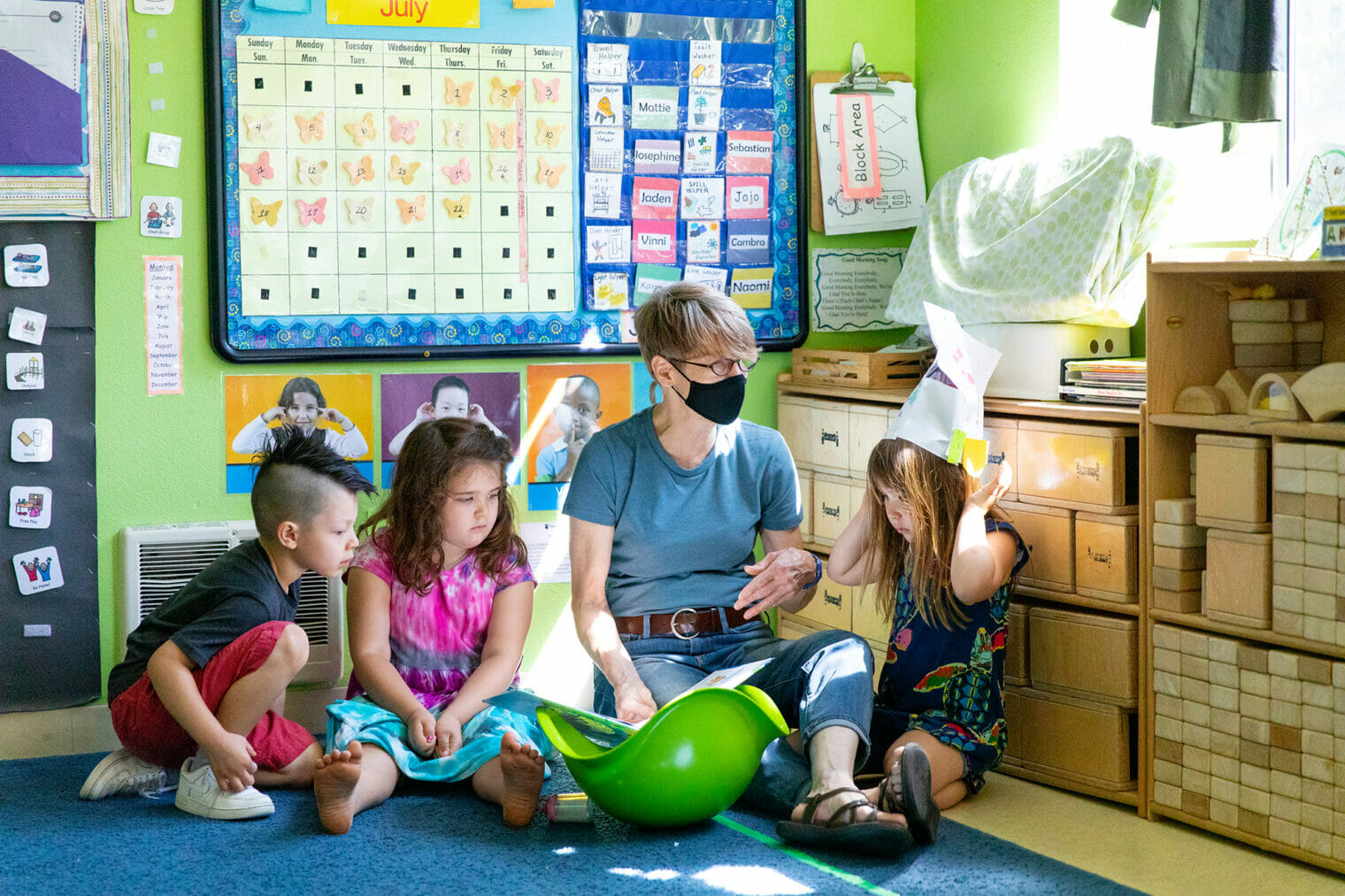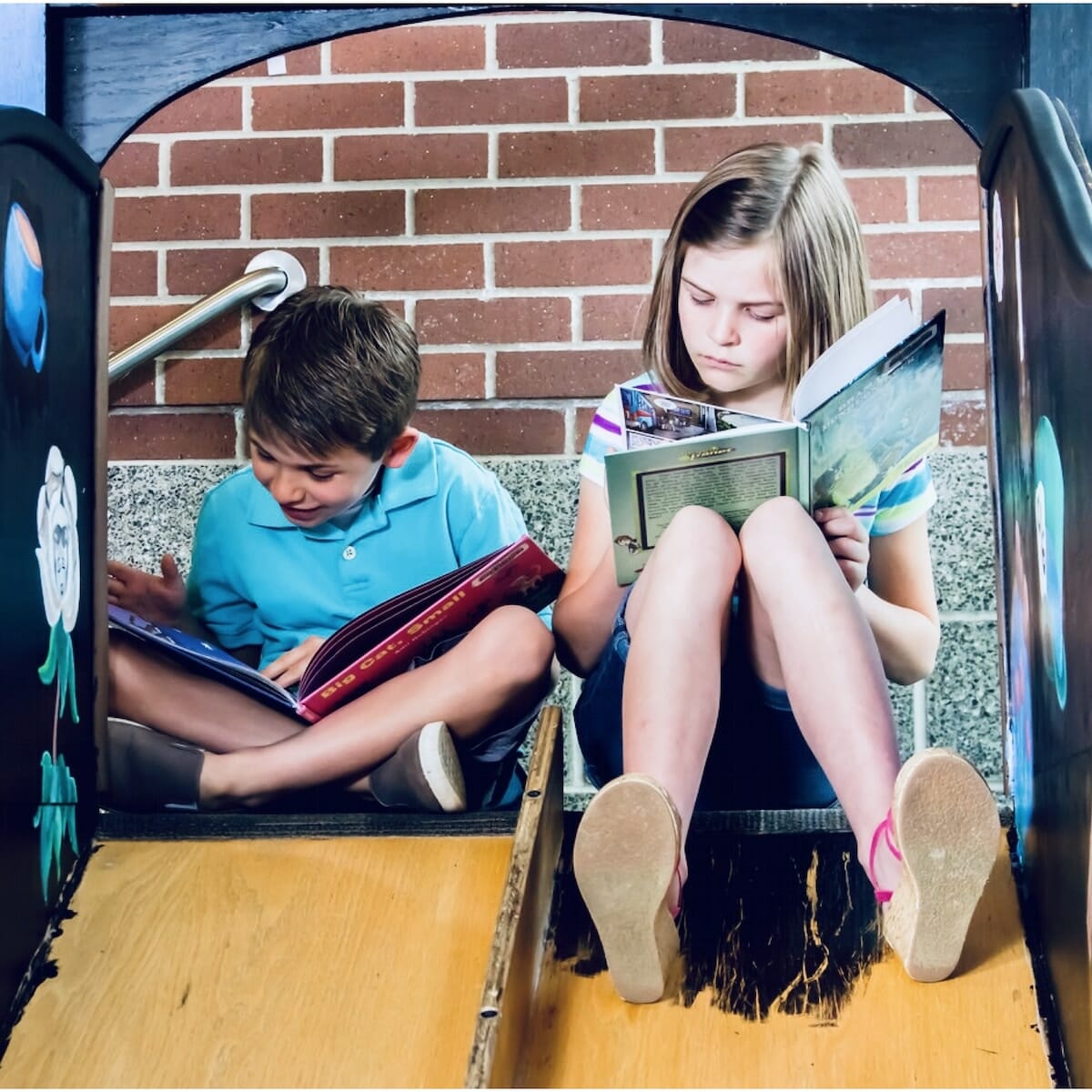Your cart is currently empty!

Play-Based Therapy
Play-based therapy is a type of psychotherapy that uses activities to help children develop social, emotional, and behavioral skills. Play-based therapy provides a fun and engaging environment for children to learn and practice critical skills naturally and developmentally appropriate. Play therapy is often employed for children with a history of trauma or abuse by allowing them to process and express themselves through play with dolls and other toys.
Play materials help children explore their emotions, practice social skills, and develop problem-solving and communication skills. The therapist may also use role-playing, storytelling, and imaginative play to assist the child in working through difficult experiences or challenges.
Responses to “Play-Based Therapy”
rDnvpJH6fTG
KO7lWkTxHKu
IMG649YH0p9
2qupb1LWcWW
HDEdE9EkBB7
Touched by what you read? Join the conversation!
-

Elephant in the Room – Rewarding Quality Care
It’s back-to-school season, and, I, like numerous other parents, am preoccupied with getting just the right classes or teacher assignments to help my kids’ chances of getting into a top university. My incoming sophomore is trying to get a waiver to take AP English on top of two other AP classes, and before we were…
Read more >> about Elephant in the Room – Rewarding Quality Care
-

How We Learn
There’s a home movie of me as a 3-year-old making an enormous fuss out of putting my rollerskates away. In the video, I yell about how much I hate rollerskates, refuse to put them away, run to my room, slam the door, and yell at my mom when she opens it. Eventually, I put them…
-

5 ABA Parent Participation Success Factors
At its heart, behavior therapy is a family therapy – it requires parents to learn new parenting methods (like how to set up the house for safety, use less punishment, minimize exposure to unnecessary triggers, how to have successful outings, reduce dependence on screens, increase communication and understanding, and more). Caregivers, siblings, and other family…
Read more >> about 5 ABA Parent Participation Success Factors




Leave a Reply